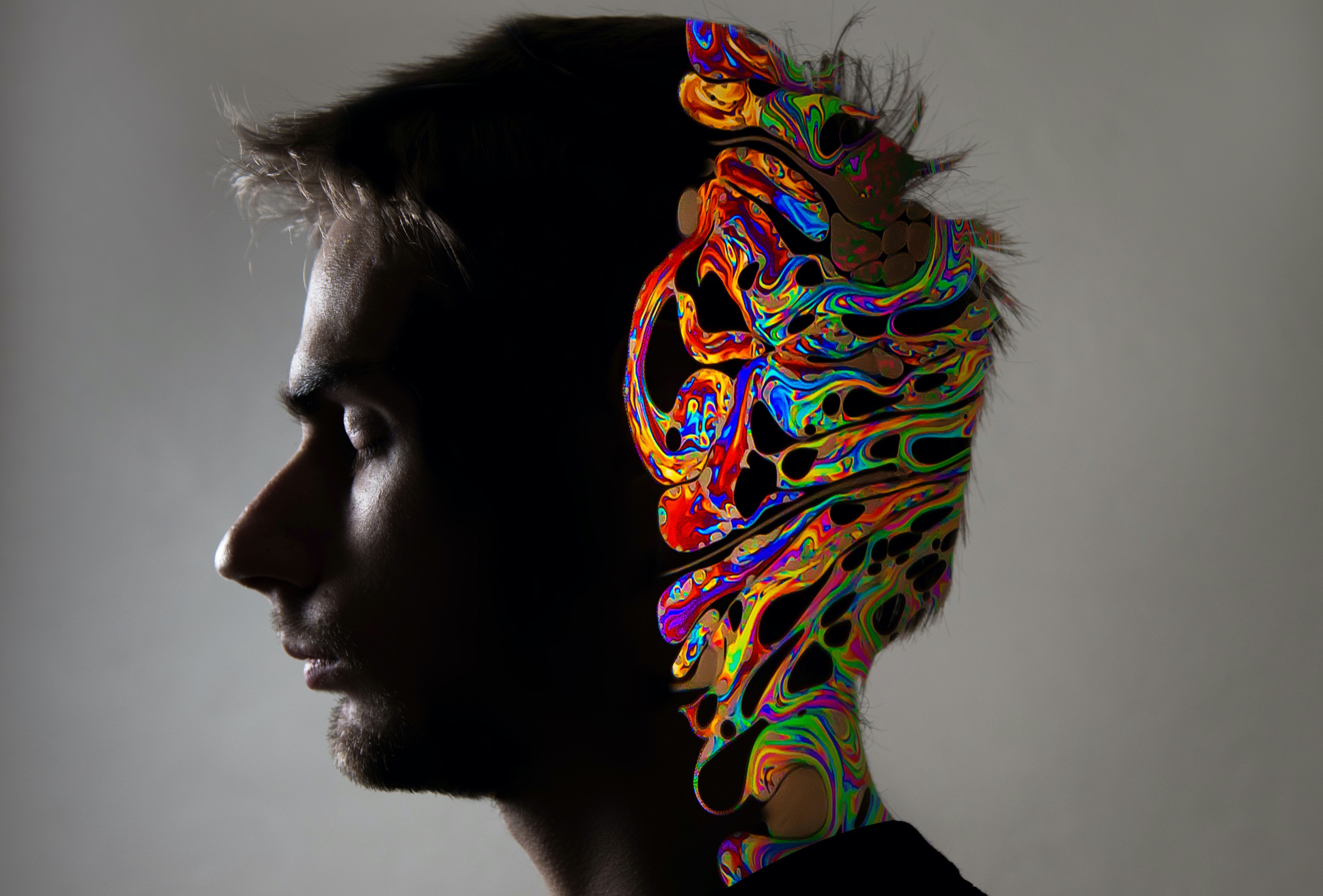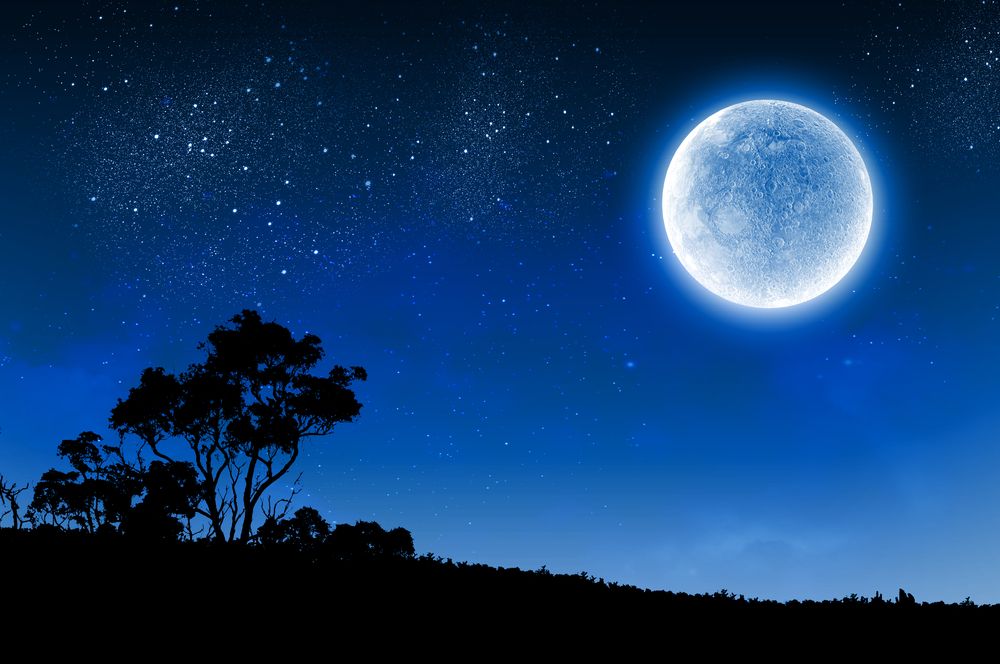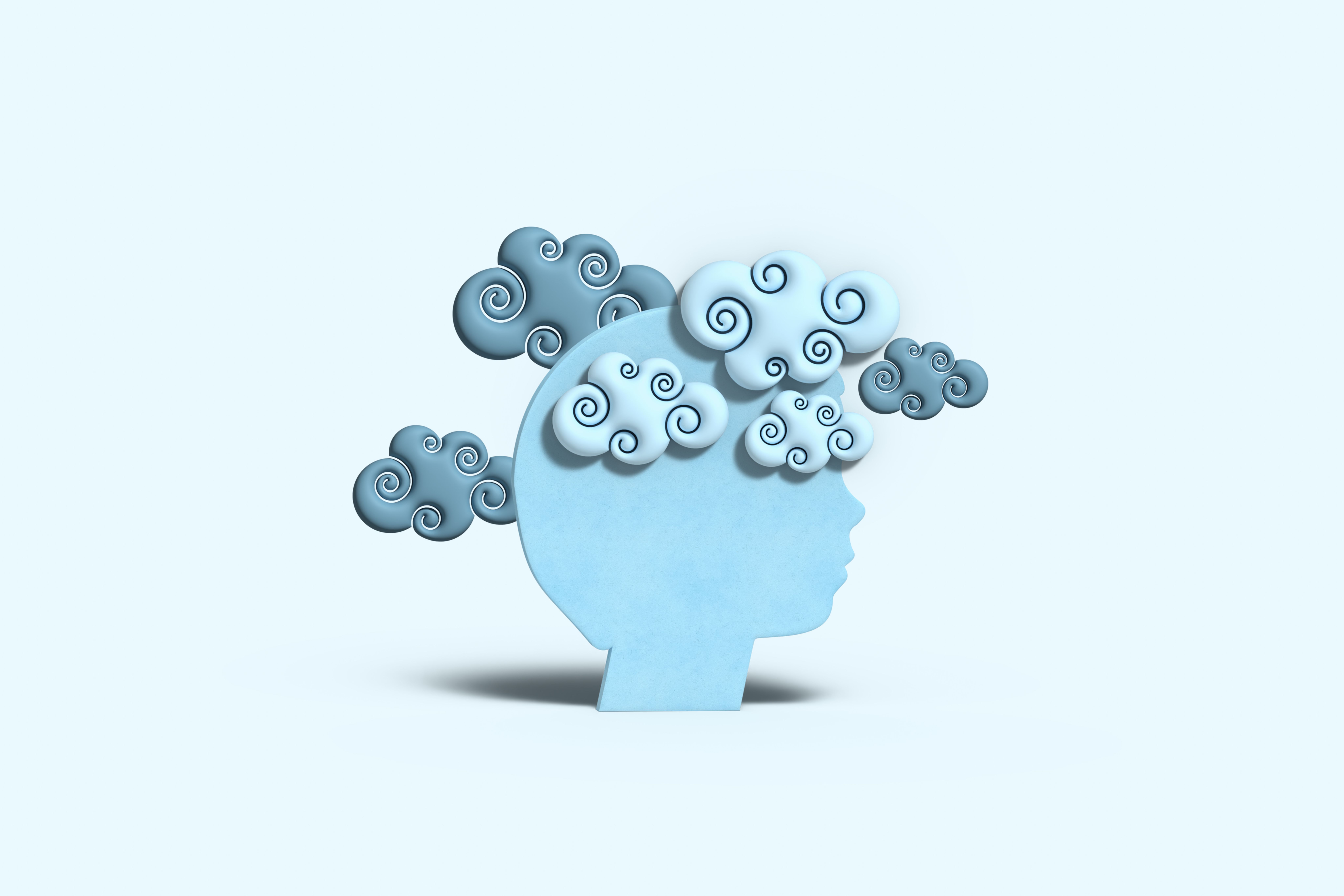News
Article
Psilocybin Plus SSRIs for Treatment-Resistant Major Depression
Author(s):
Do SSRIs impact on the antidepressant efficacy of psilocybin? Researchers performed an open-label trial of single-dose psilocybin in patients with TRD who were taking SSRIs.
vlorzor_AdobeStock

CASE VIGNETTE
“Mr Blythe” is a 29-year-old AfricanAmerican male with a history of recurrent, sever major depressive disorder (MDD) without psychosis. The onset of his depression was around age 20 years. He has some features of atypical depression, including hypersomnia, weight gain, and anxiety.
Mr Blythe previously failed trials of fluoxetine, bupropion, venlafaxine, and nortriptyline.He declines neurostimulation due to a family member having significant adverse cognitive effects from electroconvulsive therapy. He is currently taking sertraline 200 mg daily and sees a psychotherapist weekly for cognitive-behavioral therapy.
At his most recent outpatient clinic visit, he asks whether he is a candidate for treatment with adjunctive psychedelics and specifically asks about psilocybin. As his psychiatrist, how would you respond?
Psilocybin has demonstrated antidepressant properties in patients with MDD and treatment-resistant depression (TRD).1-3 Although the mechanism(s) of this association is unclear, there is some evidence that the acute psychedelic experience may play an important role.4 However, there is also evidence that the acute subjective psychedelic effects of psilocybin are diminished by the use of antidepressant drugs prior to exposure.5,6
There is evidence that psilocybin also weakly inhibits the serotonin transporter site that is the target of selective serotonin reuptake inhibitors (SSRIs).7 However, a recent double-blind randomized controlled trial in healthy participants found that SSRI administration for 2 weeks did not significantly alter the acute subjective effects of 25 mg psilocybin. Given interest in psilocybin for TRD, it is important to test the impact of chronic antidepressant treatment on the antidepressant effects of psilocybin.
The Current Study
Goodwin and colleagues8 conducted an exploratory phase 2, fixed-dose, open-label study to investigate the safety and efficacy of a synthetic form of psilocybin (COMP360) with psychological support, in adjunct to SSRI, in patients with TRD.
The investigators recruited adult outpatients aged 18 years or older with TRD, defined as a depressive episode without psychotic features, a Hamilton Depression Rating Scale (HAM-D) ≥ 18, and failure to respond to an adequate dose and duration (≥ 8 weeks) of 2 to 4 pharmacological treatments for the current episode, including their current SSRI.
Participants were taking an approved therapeutic dose of a single SSRI with at least 75% adherence for a minimum of 6 weeks. Participants with a major comorbid psychiatric disorder or suicide risk were excluded.
Participants underwent a 3-week screening period prior to psilocybin administration (day 1), including repeated safety measures. Preparation for the psilocybin experience was conducted by a trained therapist.
Participants received a single administration of psilocybin 25 mg and were accompanied by a lead therapist for the 6- to 8-hour session. Blood pressure was continuously monitored. Participants wore eyeshades and headphones with a specifically designed music playlist. Participants were followed up for 3 weeks to monitor safety and efficacy, and completed an integration session with their lead therapist on day 2 and week 1.
Safety outcomes included electrocardiogram (ECG), vital signs, clinical laboratory tests, adverse events, and change from baseline in the Columbia Suicide Severity Rating Scale (C-SSRS). The primary efficacy end point was the change in Montgomery-Asberg Rating Scale (MADRS) from baseline (day 1) to week 3.
Secondary end points were the proportion of responders (≥ 50% improvement in MADRS total score) and remitters (MADRS total score ≤ 10) at week 3, and change in the Clinical Global Impression-Severity (CGI-S) score at week 3. The acute subjective psychedelic experience was assessed by the Five-Dimensional Altered States of Consciousness questionnaire (5D-ASC).
Approximately 19 out of 24 enrolled participants received psilocybin and completed the study, with no post-treatment withdrawals. The mean duration of prior SSRI treatment was 15 months. The mean participant age was 42 years, 68% of participants were female, and 79% were Caucasian. The mean baseline CGI-S score was 4.3 (moderately ill).
Approximately 17 treatment-emergent adverse events were reported for 12 participants (63%), the most commonly reported of which was headache (32%). None of the reported adverse events were severe. There were no reports of suicidal ideation with plan or intent, suicide attempts, or self-injurious behavior throughout the study. There were no clinically significant changes in laboratory tests or ECG.
The mean MADRS total score at endpoint was 16.8, with a mean change from baseline of -14.9, apparent at day 2 and maintained throughout the study. Eight (42%) participants were responders at week 3. The same 42% of responders at week 3 also met criteria for remission. The mean CGI-S score was week 3 was 2.9, with a mean change from baseline of -1.3. There was also clinically meaningful improvement in anxiety, evidenced by a mean 4.1 decrease in the GAD-7 total score.
Study Conclusions
The investigators concluded that a single administration of psilocybin 25 mg with psychological support adjunctive to SSRI demonstrated a favorable safety and therapeutic efficacy profile in subjects with TRD. Findings do not support the hypothesis that adjunctive SSRIs diminish the antidepressant effects of psilocybin, the investigation of which is a primary study strength. Study limitations include the small sample size, open-label design, and absence of a comparator, and the exclusion of patients at increased risk of suicide or psychiatric hospitalization.
The Bottom Line
Larger, comparator-controlled trials of psilocybin in adjunct to antidepressants would be valuable, especially in cases where antidepressant drug withdrawal would be problematic.
Dr Miller is a professor in the Department of Psychiatry and Health Behavior at Augusta University in Augusta, Georgia. He is on the Editorial Board and serves as the schizophrenia section chief for Psychiatric Times®. The author reports that he receives research support from Augusta University, the National Institute of Mental Health, and the Stanley Medical Research Institute.
References
1. von Rotz R, Schindowski EM, Jungwirth J, et al. Single-dose psilocybin-assisted therapy in major depressive disorder: a placebo-controlled, double-blind, randomised clinical trial [published correction appears in EClinicalMedicine. 2023 Jan 30;56:101841]. EClinicalMedicine. 2022;56:101809.
2. Carhart-Harris RL, Bolstridge M, Day CMJ, et al. Psilocybin with psychological support for treatment-resistant depression: six-month follow-up. Psychopharmacology (Berl). 2018;235(2):399-408.
3. Goodwin GM, Aaronson ST, Alvarez O, et al. Single-dose psilocybin for a treatment-resistant episode of major depression. N Engl J Med. 2022;387(18):1637-1648.
4. Murphy R, Kettner H, Zeifman R, et al. Therapeutic alliance and rapport modulate responses to psilocybin assisted therapy for depression. Front Pharmacol. 2022;12:788155.
5. Bonson KR, Buckholtz JW, Murphy DL. Chronic administration of serotonergic antidepressants attenuates the subjective effects of LSD in humans. Neuropsychopharmacology. 1996;14(6):425-436.
6. Gukasyan N, Griffiths RR, Yaden DB, et al. Attenuation of psilocybin mushroom effects during and after SSRI/SNRI antidepressant use. J Psychopharmacol. 2023;37(7):707-716.
7. Rickli A, Moning OD, Hoener MC, Liechti ME. Receptor interaction profiles of novel psychoactive tryptamines compared with classic hallucinogens. Eur Neuropsychopharmacol. 2016;26(8):1327-1337.
8. Goodwin GM, Croal M, Feifel D, et al. Psilocybin for treatment resistant depression in patients taking a concomitant SSRI medication. Neuropsychopharmacology. 2023;48(10):1492-1499.
Newsletter
Receive trusted psychiatric news, expert analysis, and clinical insights — subscribe today to support your practice and your patients.






